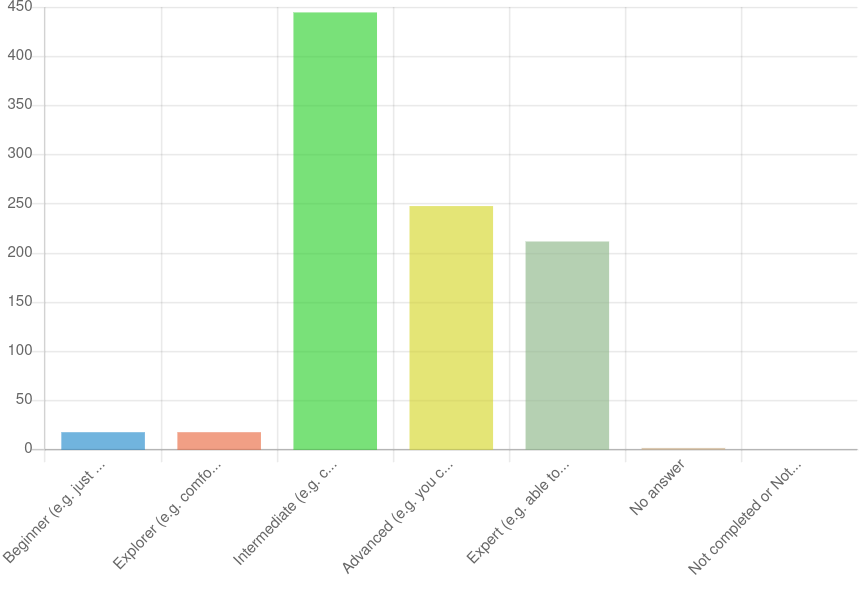Author: Thom Holwerda
Source
Sponsored:
Atlas of AI: Power, Politics, and the Planetary Costs of Artificial Intelligence - Audiobook

Uncover the true cost of artificial intelligence.
Listen now, and see the system behind the screens before the future listens to you. = > Atlas of AI $0.00 with trial. Read by Larissa Gallagher
On Monday at CES 2025, Nvidia unveiled a desktop computer called Project DIGITS. The machine uses Nvidia’s latest “Blackwell” AI chip and will cost $3,000. It contains a new central processor, or CPU, which Nvidia and MediaTek worked to create. Responding to an analyst’s question during an investor presentation, Huang said Nvidia tapped MediaTek to co-design an energy-efficient CPU that could be sold more widely. “Now they could provide that to us, and they could keep that for themselves and serve the market. And so it was a great win-win,” Huang said. Previously, Reuters reported that Nvidia was working on a CPU for personal computers to challenge the consumer and business computer market dominance of Intel, Advanced Micro Devices and Qualcomm. ↫ Stephen Nellis at Reuters I’ve long wondered why NVIDIA wasn’t entering the general purpose processor market in a more substantial way than it did a few years ago with the Tegra, especially now that ARM has cemented itself as an architecture choice for more than just mobile devices. Much like Intel, AMD, and now Qualcomm, NVIDIA could easily deliver the whole package to laptop, tablet, and desktop makers: processor, chipset, GPU, of course glued together with special NVIDIA magic the other companies opting to use NVIDIA GPUs won’t get. There’s a lot of money to be made there, and it’s the move that could help NVIDIA survive the inevitable crash of the “AI” wave it’s currently riding, which has pushed the company to become one of the most valuable companies in the world. I’m also sure OEMs would love nothing more than to have more than just Qualcomm to choose from for ARM laptops and desktops, if only to aid in bringing costs down through competition, and to potentially offer ARM devices with the same kind of powerful GPUs currently mostly reserved for x86 machines. I’m personally always for more competition, but this time with the asterisk that NVIDIA really doesn’t need to get any bigger than it already is. The company has a long history of screwing over consumers, and I doubt that would change if they also conquered a chunky slice of the general purpose processor market.



